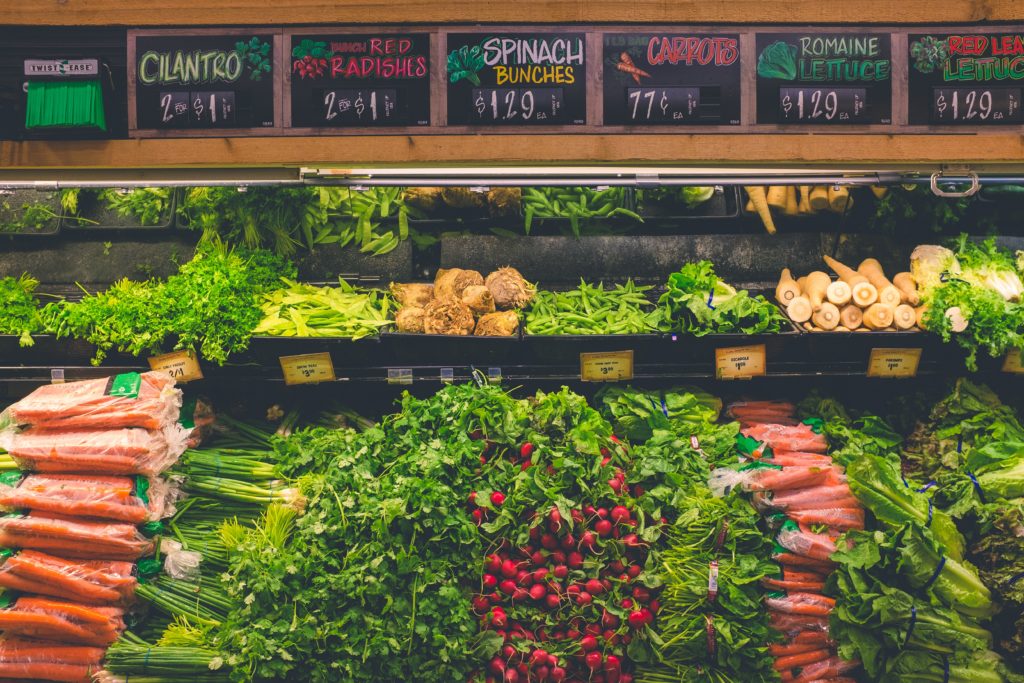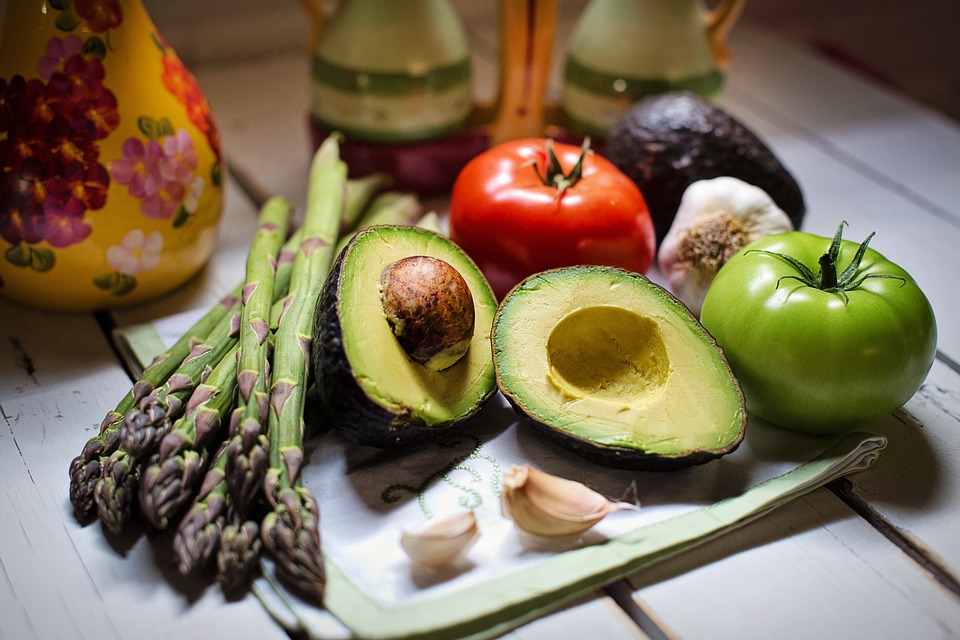Preventing the exploitation and manslaughter of animals is only one reason for becoming vegetarian, however, for most, it remains a crucial element in their decision to go vegan. Having psychological attachments with the animal kingdom may form a part of the reason, many think that all sentient animals have the right to existence and liberty. Keeping the details aside, preventing animal products is among the most transparent means by which you can have a stand against animal cruelty and animal manipulation anywhere. Other people do think that animal agriculture destroys the environment. And some only see veganism as a wholesome diet one inherently low in calories, fat, and cholesterol and high in vitamins and fibre.
Save the Environment and Animals
PETA calculated that every meal consumes about 200 animals per year, which means that you can feel good about doing what you can to make sure innocent animals are not slaughtered for the sake of our protein intake. So that’s 200 motives to be a vegetarian there. In terms of the surroundings, it is much more sustainable and achievable to develop crops for human consumption, instead of nourishing these plants into animals and then these critters to people. Animal food manufacturing really generates greenhouse gasses from the world, over the transport industry and power market. To put it differently, if Americans cut back on eating animal foods by half an hour, it could be precisely the same if all U.S. motor vehicles and boats were removed from the street. Most drinkers feel not able to eat animals slaughtered for meat. Vegans also feel that factory-farmed egg-laying cows and dairy cows contribute unnecessarily miserable and short lives. Egg-laying chickens raised in factory farms typically reside in tiny cages with no space to walk or stretch.
Live Healthier and Stay Fit
Many vegans pick the diet purely because of its health benefits. Though veganism requires nutritional supplements and expert consultation to satisfy dietary needs, many vegans can find all their nutrition with no animal products. Vegan mainstay foods such as whole grains, veggies, legumes, and fruits are naturally low in fat and cholesterol and full of fibre, potassium, magnesium, folate, and vitamins E and C. The American Dietetic Association reports that vegetarians and vegans tend to have a lower body mass index, blood pressure, and cholesterol levels than most nonvegetarians. They also say diminished levels of type 2 diabetes, obesity, colon cancer, prostate cancer, hypertension, and cardiovascular disease.
Here Are Some Particular Benefits of Veganism:
Save Yourself Money By Going Vegan
Did you realize that cheese and meat are costly? Go figure. Vegetables and fruits are relatively cheap, particularly in the event that you purchase in-season products. Steer clear of the beef replacements or whatever processed which is vegan because the entire point is not to buy vegan frozen mac and cheese; the purpose is to create your own pasta with veggies and coconut oil possibly. Becoming a vegetarian means you need to rely on yourself to cook and eat. You can not expect a restaurant or even a party to possess something you may eat, so going ahead and cooking in your home saves you both money and frustrations.

Here Are Some Vegan Health Recipes Books – Go Experiment in the World of Veganism –
- The Homemade Vegan Pantry: The Art of Making Your Own Staples by MiyokoSchinner
- Vegan 101: A Vegan Cookbook: Learn to Cook Plant-Based Meals that Satisfy Everyone by Jenny Engel
- Fusion Food in the Vegan Kitchen: 125 Comfort Food Classics, Reinvented with an Ethnic Twist! by Joni Marie Newman
- Eat, Drink & Be Vegan: Everyday Vegan Recipes Worth Celebrating by Dreena Burton
- Oh She Glows Every Day: Quick and Simply Satisfying Plant-based Recipes by Angela Liddon
Environmental Factors
Some people today become vegans for ecological factors. Animal agriculture demands vast amounts of water and land to encourage livestock and develop feed. The land conversion required to get pastures and feed plants results in deforestation, soil degradation and a decrease in biodiversity. The water utilized by animal agriculture, for example, irrigation for feed plants, accounts for 8% of international human water usage. Large plants of grain or corn additionally need fertilizers and pesticides. The nitrogen in fertilizers leads to algal blooms and generates dead zones. Animals themselves create pollution and waste. Livestock produces 18 percent of global greenhouse gas emissions measured in CO2 equal – that is greater than transportation!
Vegans also feel their diet uses land more effectively and more efficiently than animal agriculture. If people ate just fermented food, then there would be no demand for those swaths of both pastures and feed plants that encourage livestock. Agriculture would create food right for human consumption and use much less soil. But the vitamins and proteins from animal products help sustain a lot of the planet’s poor people who may not have the tools to make and track a complete wholesome diet.

